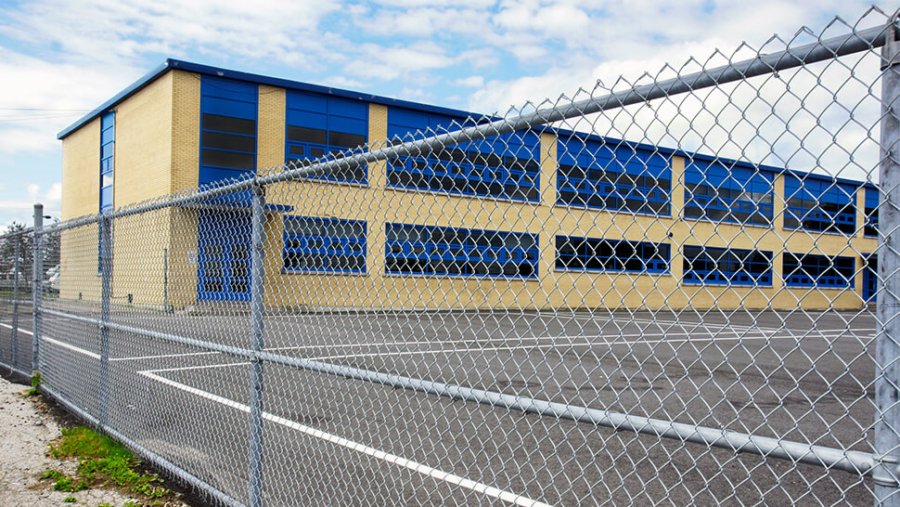

Whether it is a pupil that has been excluded or a parent behaving unacceptably at a parents’ evening or sports fixture, schools are occasionally faced with making difficult decisions on who should no longer have access to their premises. The Department for Education has helpfully published guidance on this issue, which can be found here: https://www.gov.uk/government/publications/controlling-access-to-school-premises/controlling-access-to-school-premises.
The guidance, which applies to the independent sector as much as it does to maintained schools and academies, should provide assurance to schools that barring an individual from school grounds is appropriate when there is a risk to staff or pupils. The guidance gives the example of barring individuals that are behaving, or using language, in an aggressive, abusive or insulting manner. It is sufficient for a member of staff or a pupil to feel threatened.
The guidance also sets out how schools should go about barring an individual. The Head should write to the individual concerned to inform them that they have been barred or that they intend to bar them. The individual must then have the chance to present their side, which can happen before you bar them or whilst you bar them temporarily.
Barred individuals will commit the civil offence of trespass if they come onto school premises, which is private property. They can be asked to leave or the school can take civil action in the courts if they trespass regularly. They may even be committing a criminal offence under section 547 of the Education Act 1996, if they are there to cause or permit a nuisance or disturbance. Schools faced with a barred individual, or one being a nuisance or disturbance, refusing to leave school premises can call the police to remove them.










